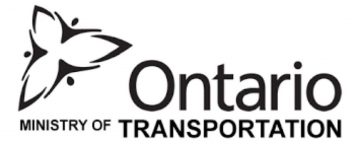In 2018, the Government of Canada passed the Cannabis Act and legalized recreational cannabis. It is currently unknown that whether cannabis legalization may result in more cannabis-related motor vehicle collisions, or could improve road safety if a substitution effect occurs and potential drinking drivers use cannabis instead, as the crash risk in drinking drivers is much higher than that in drivers who use cannabis.
In collaboration with government officials from British Columbia (BC) and Ontario (ON), this study evaluates the impact of provincial cannabis-related policy on the rates of driving after using cannabis and other drugs. This study is an extension of the National Drug Driving Study and leverages existing procedures and infrastructure from the Cannabis and Motor Vehicle Crashes Study. The primary goal is to compare how often drivers from British Columbia and Ontario who were involved in a car crash test positive for cannabis, alcohol and other drugs. Here are the objectives of the study:
- Report the prevalence of cannabis, alcohol, and other impairing substances in injured drivers and passengers from BC and ON.
- Compare the prevalence of positive tests for cannabis in injured drivers with that of injured passengers.
- Compare the THC positivity rate in injured drivers with rates of cannabis use in the general population.
- Describe and contrast relevant traffic policy including implementation, enforcement and related media coverage in BC and ON.
Funded By:
Partners:
For more information please contact research associate, Herbert Chan at herbert.chan@ubc.ca



